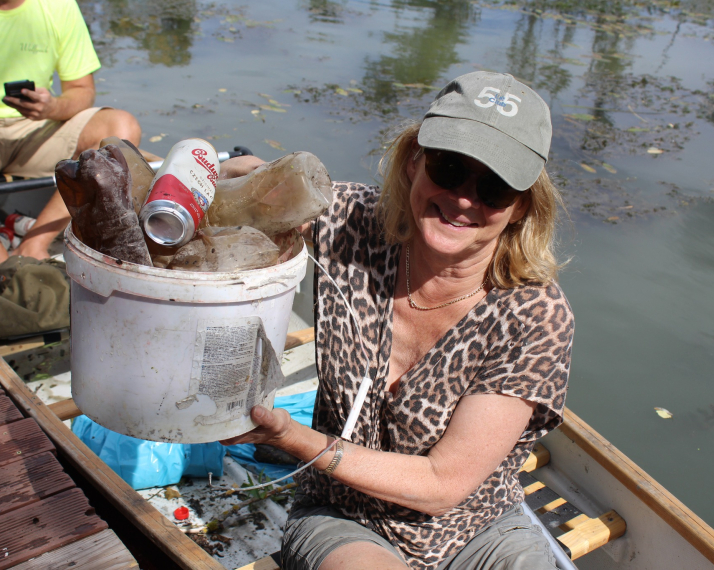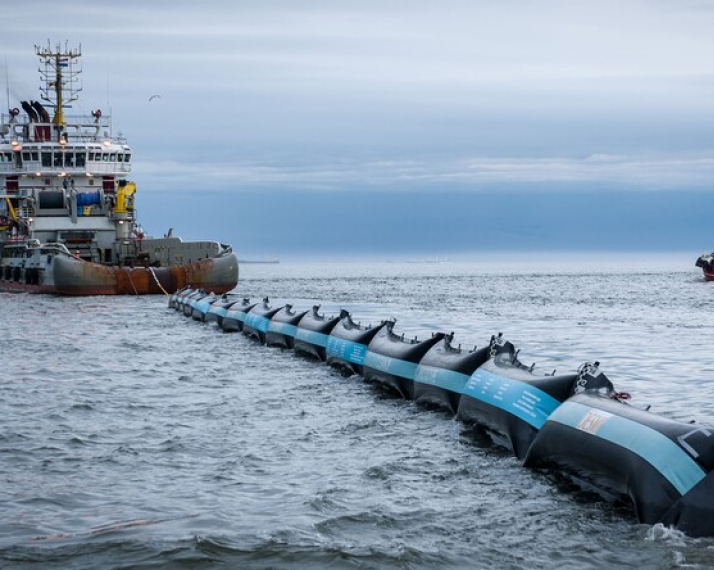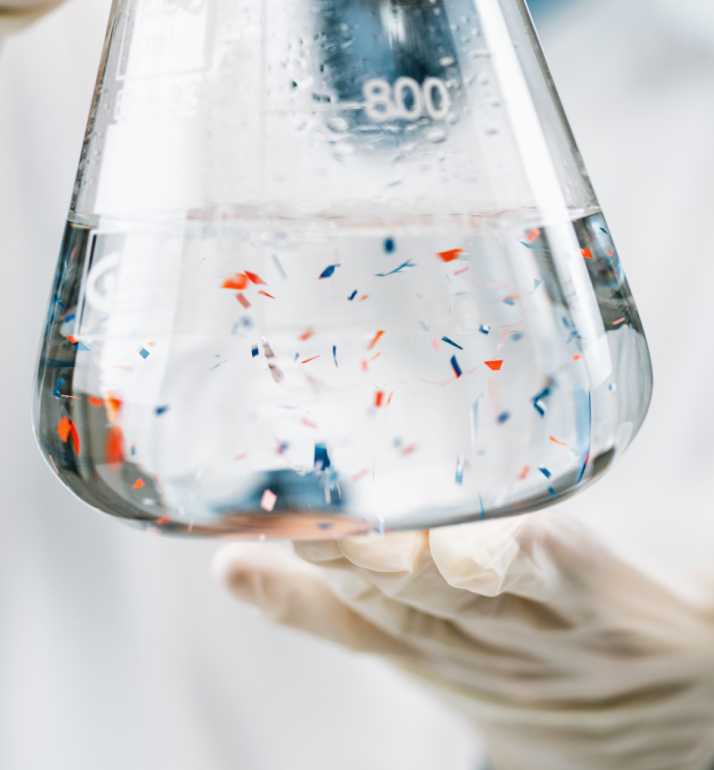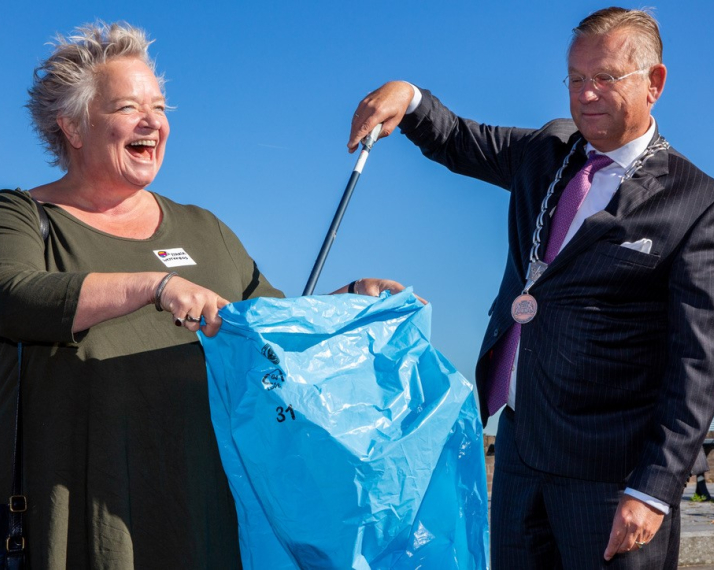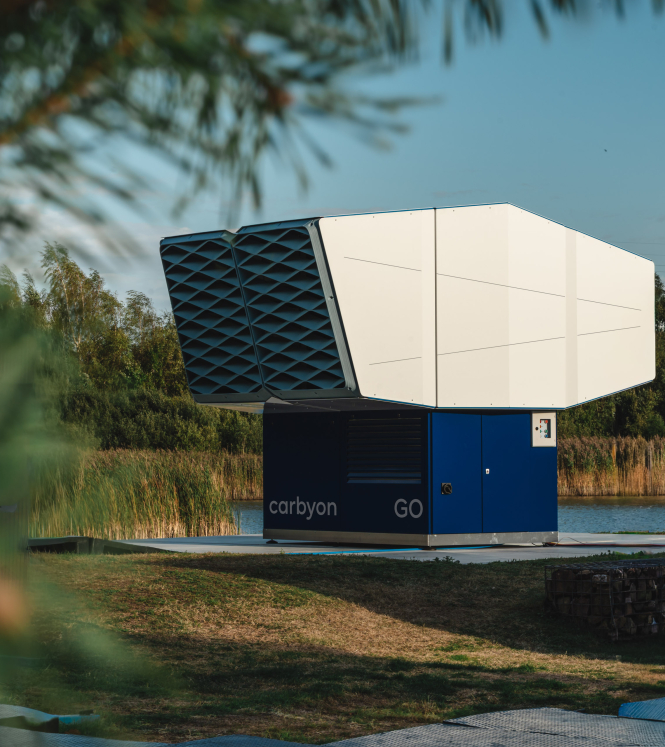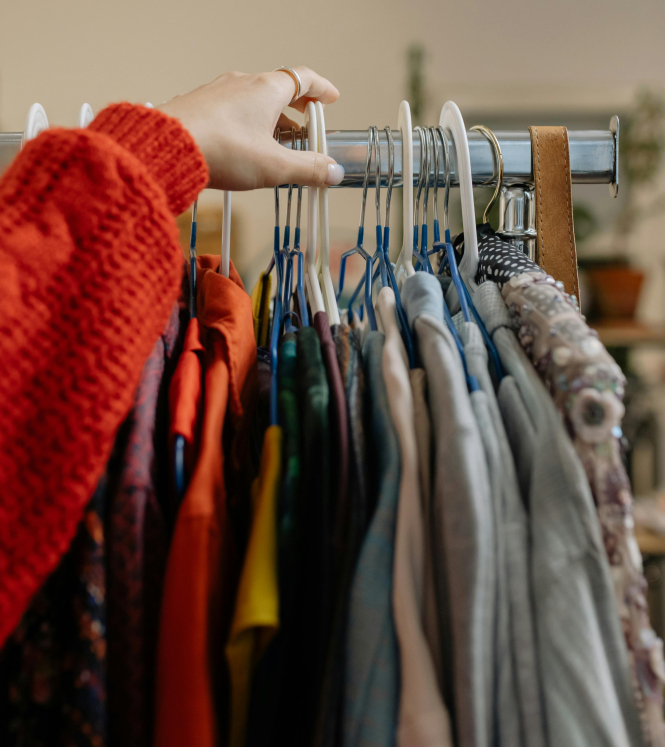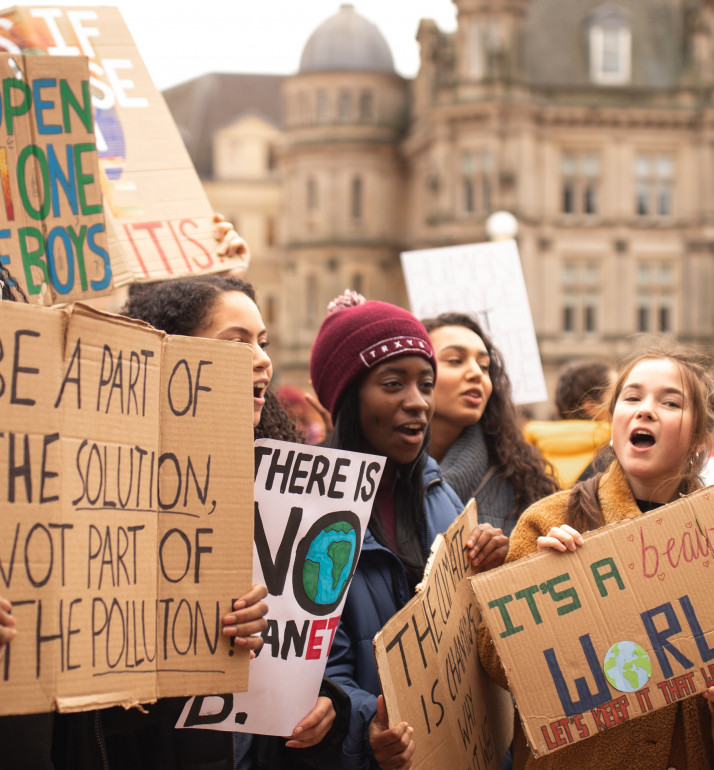
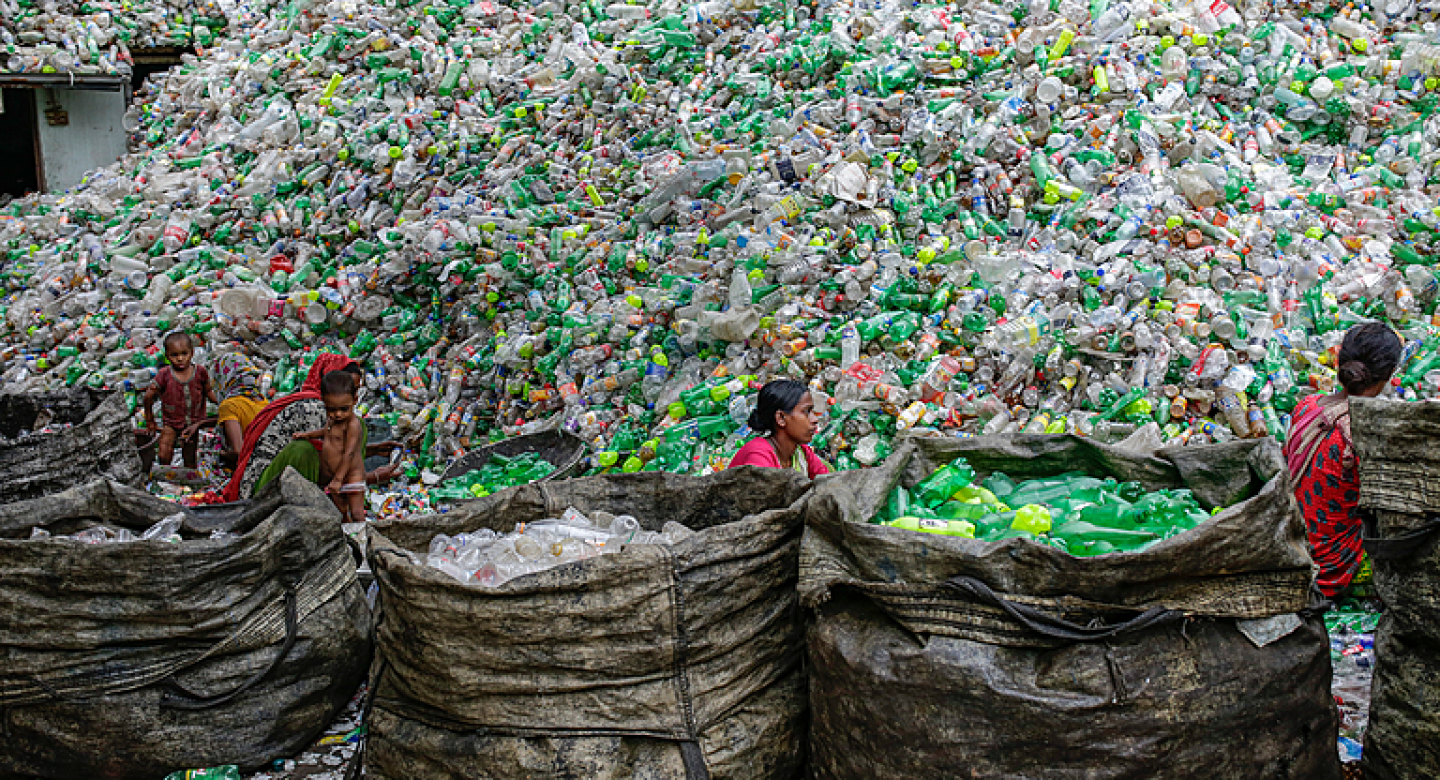
Tackling the problem of plastic pollution
Things are changing. Growing awareness and political pressure is gradually making a difference. Scientific research has also shown in compelling reports that plastic pollution is both an environmental and human health issue. By joining cleanup campaigns, like World Cleanup Day the public has pushed the problem of plastic pollution up the agenda. And world leaders are reacting, because they know they have responsibility to safeguard the aquatic environment and public health.
Changes in legislation against plastic pollution
Let’s take note of some of the changes that are happening:
- In March 2022, 175 countries at the United Nations committed to draft an agreement by 2024 to end plastic pollution.
- The United States, Canada and the European Union have passed legislation to ban microplastics from some cosmetic products, like in the US' Microbead-Free Waters Act.
- The Netherlands, Australia and New Zealand have appealed to the cosmetics sector to set up their own voluntary measures.
- Over 100 countries have implemented a full or partial ban on plastic bags,
- The EU has banned single-use plastics in cutlery, plates, cotton buds and straws.
- In July 2023, the Netherlands oblige textiled producers to take back unwanted clothing free of charge.
- Many countries, like the Netherlands, have introduced deposit return systems for plastic bottles and tin cans.
- The EU is preparing legislation to prevent waste textiles being shipped to non-OECD countries.
- In Indonesia, which has some of the world’s dirtiest rivers, a Dutch-Indonesian public-private partnership is tackling the county’s waste management problems and cleaning up its rivers.
- The EU’s Water Framework Directive requires member states to have good quality surface and groundwater by 2027.
Countries are reviewing waste management
Many countries are reviewing their waste management practices, reducing landfill, encouraging reuse, introducing share economies, and improving recycling and resource recovery. Legislation is driving innovation as the wastewater plants scramble to meet existing and future standards for waste treatment. Already 80 percent of microplastics in wastewater are removed in sewage sludge at wastewater plants in the Netherlands. New EU measures will mean that more plastics are filtered out before purified water is discharged.
In January 2023, the European Parliament voted to phase out shipments of plastic waste to non-OECD countries within four years. This means EU countries will have to find better ways to rid themselves of waste. However, even if we do manage to stop the stream of discarded plastics, it will take from 500 to 1000 years for the plastics produced in the last 50 years to decompose. So cleanups really do make a difference.
Closing the circularity gap
At 25%, circularity in the Netherlands is relatively high. However, humanity is producing more and more goods and the mountain of waste is growing. This is leading to a circularity gap. Worldwide, 80% of plastic waste is sent to landfill or just ends up in the environment. Only 10% is recycled and 12% is incinerated.
With 500,000 metric tons of plastic ending up in our oceans every year*, plastic waste already kills a million marine animals every year. Without action, there will be more plastic than fish in the oceans by 2050. Imagine the positive impact on biodiversity, the aquatic environment and human health, if we can stop the stream of plastic waste entering the environment.
*Recent research has revealed that not as much plastic waste ends up in the ocean as we thought, but it is still growing and continues to pollute waterways and rivers. Up to now this figure was thought to be 8 million tons as reported in the New York Times.
Photo: Abir Abdullah / Climate Visuals Countdown via Climate Visuals
